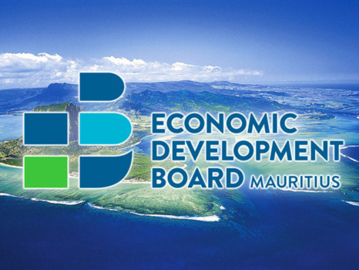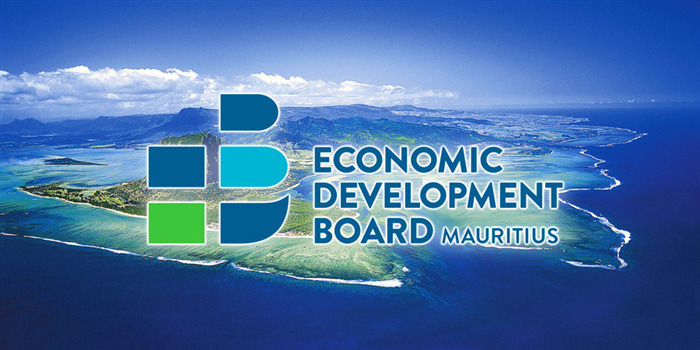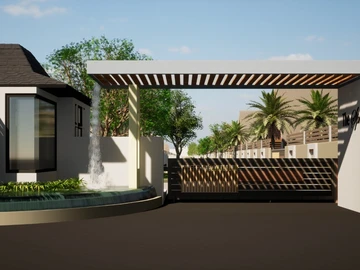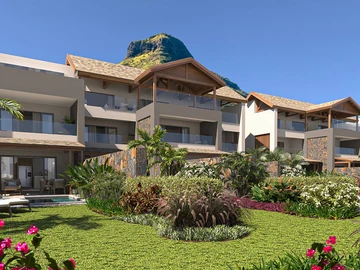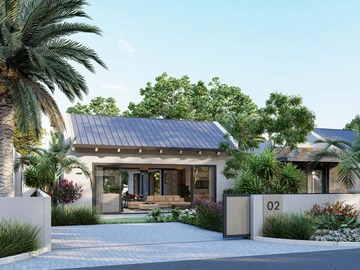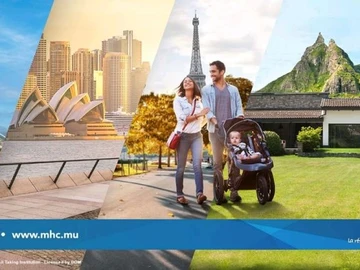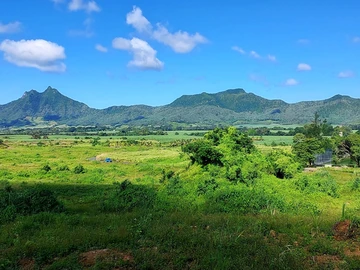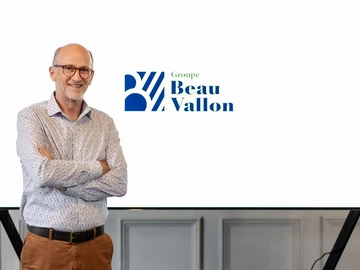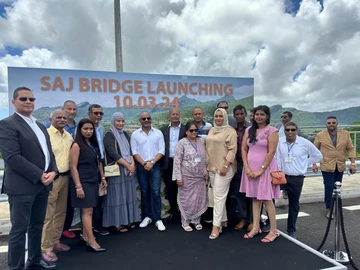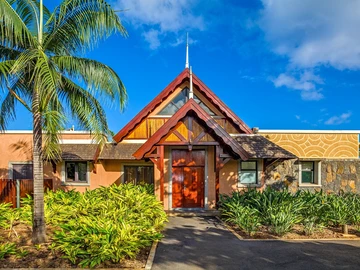Dear Mr. Sachin, we thank you for your time and availability. With the recent announcement of the Mauritius budget for 2020/21, there are many favourable aspects towards rebooting the Mauritian economy, especially that of the real estate sector and infrastructure spending.
What are the recent changes announced to the real estate legislation that aims to positively stimulate and re-ignite the real estate sector once again?
Data shows that FDI in the real estate sector has kept on increasing since over the past 15 years from Rs 1.7 billion in 2006 to nearly Rs 17 billion in 2019. The reality is that Mauritius still has a lot of untapped market potential, in particular, to develop smart and green buildings, waterfronts, walkable esplanade and commercial areas, convention and conference facilities; to attract regional headquarters activities and mobilise investment for urban regeneration. The strategies are to explore options to expand the range of services, create more business opportunities and bring in export earnings. Going forward, sustainability and proper land use would be at the core of the development.
The refund of 5 percent of the cost of acquisition for a house, apartment, or land to construct a residence up to a maximum of Rs 500,000 in the financial year 2021/2022 and a refund of 5 percent of a Home Loan up to a maximum of Rs 500,000 will help young people and first-time buyers to get their feet onto the property ladder and own a home.
In your opinion where do you feel are the greatest investment opportunities in the real estate sector in Mauritius?
Economic growth and high quality of life go hand in hand. Making Mauritius liveable as a city will be a key source of economic advantage for Mauritius in terms of investment and talent attraction. With the shift to a capability-driven economy, we can create more knowledge-intensive jobs for our people. There will be greater room to integrate economic uses together with residential and leisure uses. At the same time, it becomes even more important to improve the quality of infrastructure (housing, retail and lifestyle infrastructure) in Mauritius to root and attract talent here to support such an economy.
In response to shorter economic and product cycles, there is an opportunity to provide a plug and play environment for industries and businesses. This includes putting in place infrastructure and shared facilities ahead of demand.
With more retirees located in Mauritius, the next step is to create an adequate eco-system to benefit from the ‘silver economy’ and to ensure that the non-citizen retirees are offered the optimum health services and facilities. These retirees residing in Mauritius should also be given the opportunities to consider investing, working, sharing expertise, contributing to job creation and integrating within the local community and economy.
The current climate has forced many to adapt and find innovative ways to continue operating; with Mauritius traditionally known as a safe and stable investment destination, what final piece of information can you provide to our foreign investor readers who are looking at investing in Mauritius real estate?
The Mauritian residential real estate as an asset class has matured. The differentiation of opportunities has - to a degree - expanded; niche product types like senior housing and golf resorts are amongst a myriad of choices. Market fundamentals remain robust.
Mauritius can be regarded as a country with business-friendly regulations, a stable democracy, a country that is pleasant to live in, with excellent telecommunications and good health and education facilities. It offers a safe, stable and predictable environment – A great place to live, with a future-ready infrastructure, global connectivity and world-class talent.
 Continue with Facebook
Continue with Facebook
 Continue with Email
Continue with Email
